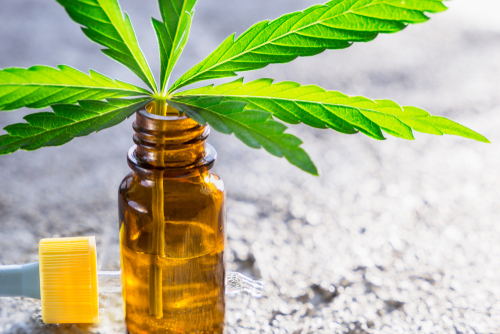Massachusetts is emerging as the nation’s pot capital, according to statistics compiled in a state legislative report released to the public last month.
The report, part of a comprehensive assessment of the pros and cons of legalizing marijuana in the Bay State, found that 21 percent of all Massachusetts residents admitted to smoking pot in June 2018.
That’s a huge jump from the 12 percent of Massachusetts residents that admitted to smoking pot in the previous statewide survey.
Even worse, young adult marijuana use in Massachusetts appears to be exploding. Roughly half of residents 18-25 years old reported using marijuana in the past 30 days — far higher than the national usage rate for this same demographic.
Many observers have long considered Colorado the nation’s pot capital because it was the first state to legalize marijuana — back in 2014. But only Vermont — at 18 percent — now rivals its New England neighbor’s level of pot use, according to available federal statistics. Colorado’s adult use is just 15 percent, according to state data.
Massachusetts is the seventh state to legalize marijuana and it did so through a ballot measure in November 2016.
The state report estimated that Massachusetts would raise $216 million in new tax revenue during the first two years of legalization. That figure assumes that roughly 65 percent of the state’s pot smokers would begin purchasing their marijuana from commercial shops and dispensaries.
In addition, the overall rate of marijuana use in the state is expected to increase substantially when legal pot sales commence later this year.
Critics say more study is needed to determine the public health implications of legalization, especially its possible impact on teen drug use. A separate study of Massachusetts middle schoolers conducted last year found that their marijuana use is steadily increasing even as their consumption of alcohol and tobacco declines.
Another concern raised by critics is the possible impact of marijuana use on road safety. A whopping 34 percent of the state’s pot smokers admitted to driving a motor vehicle while “high.”
While the level of impairment due to marijuana smoking is difficult to estimate, studies have shown that pot smokers are more likely to consume alcohol and to drive drunk than the average motor vehicle user.
Marc Nascarella, who directed the state study, said more research was needed to assess the impact of pot legalization on road safety. “It’s a fairly complicated task that law enforcement is challenged with right now,” he acknowledged in an interview with WBUR radio.
The state’s Cannabis Control Commission is still figuring out how many licenses to grant to pot cultivators and what new regulatory restrictions might be needed to discourage sales to minor. But the state legislature appears anxious to move forward with legalization. As of July 1, 2018, businesses and individuals are free to sell pot openly without fear of prosecution.
Not all state residents are happy with the pace of legalization. In the past 17 months, more than half of Massachusetts towns have moved to ban, temporarily or permanently, the establishment of marijuana shops in their jurisdictions.
(248)





Leave A Reply